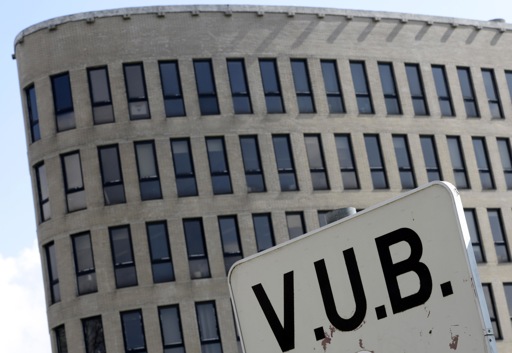Professor Kiavash Movahedi of the Faculty of Medicine and Department of Biomedical Sciences at the Free University of Brussels, VUB, will receive European support to the sum of €2 million for research on microglia, a type of immune cell in the brain.
His research is based on the theory that diseases such as Alzheimer’s or dementia can be prevented or cured by replacing microglia with a genetically modified counterpart.
Microglia are non-neuronal cells that are active in the brain. Actually, they are the immune cells of the brain because they support neurons. As a result, they are now increasingly associated with neurological disorders.
A unique characteristic of microglia is their ability to self-renew which provides a unique opportunity for cell therapy.
Turning blood cells into stem cells, then into precursor cells, and finally microglia
“The ability to replace dysfunctional microglia with healthy or genetically improved counterparts could completely change the way we treat brain diseases,” Professor Movahedi argues.
The major challenge in replacing microglia is precisely their regenerative capacity. All microglia would have to be put on hold for the transplanted cells to take over. Moreover, that genetic counterpart must be fitter, in order to prevent the deterioration of neurons in the brain.
“Furthermore, there is the question: where do we get the cells we use to replace microglia? We are working on technologies with which we can turn skin or blood cells back into stem cells, which we then turn back into precursor cells capable of turning into microglia in the brain,” Movahedi explained.
The €2 million support for the research comes in the form of a European Research Council (ERC) Consolidator Grant.

